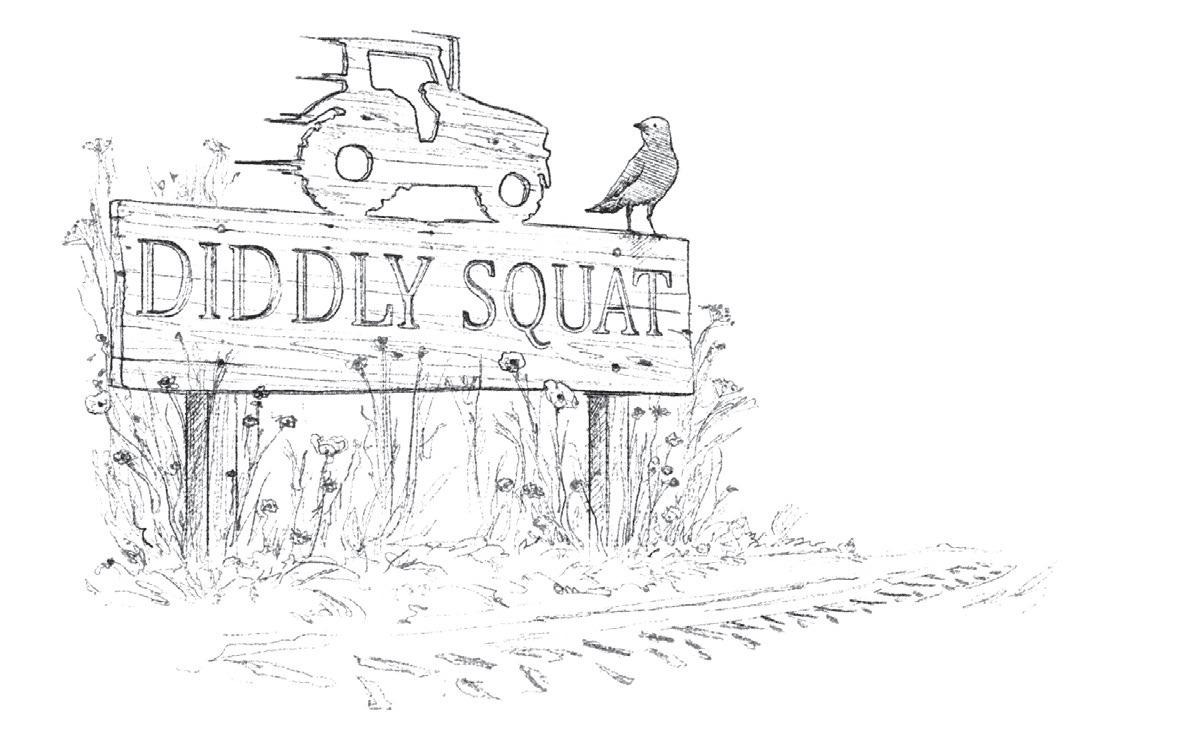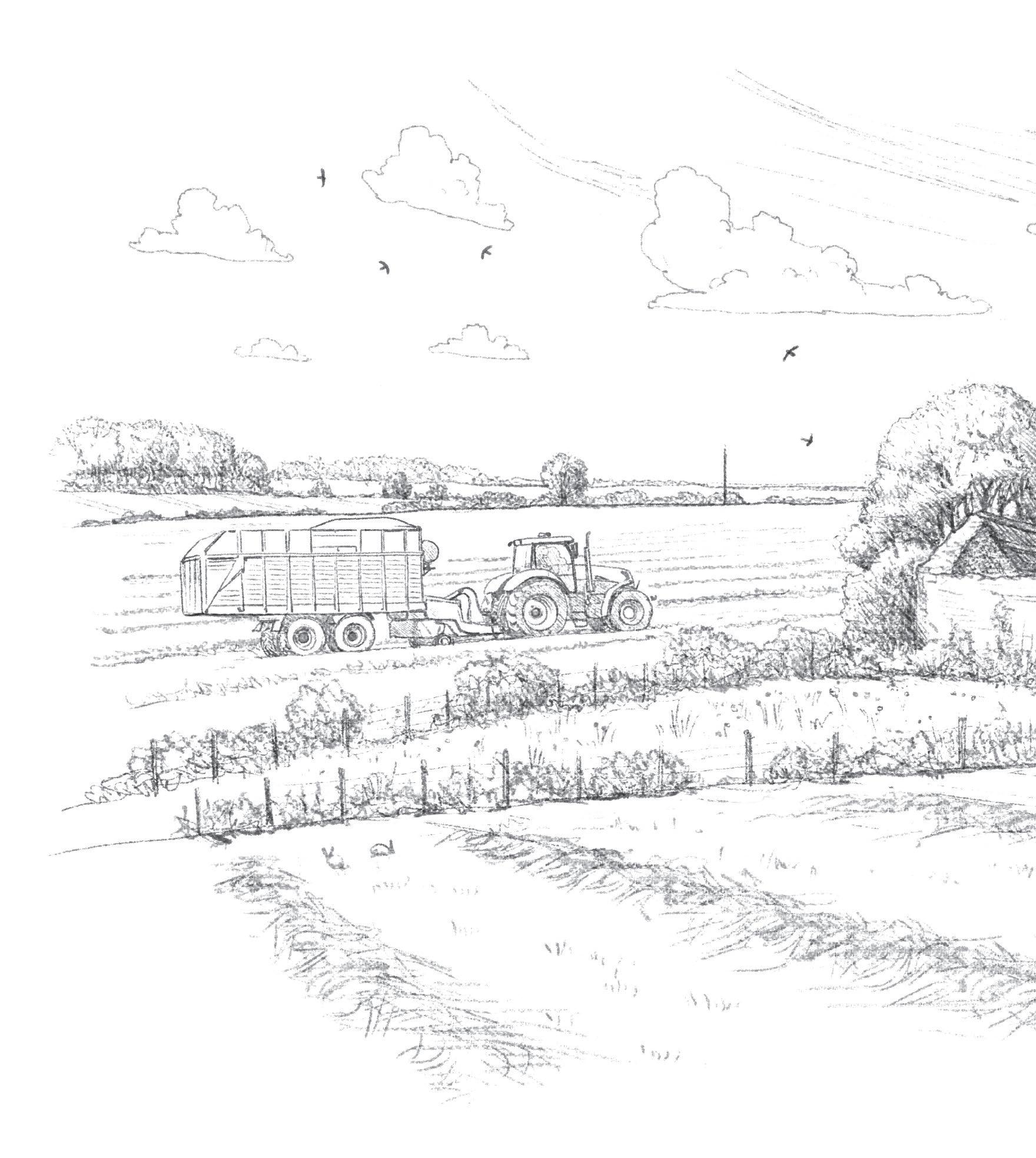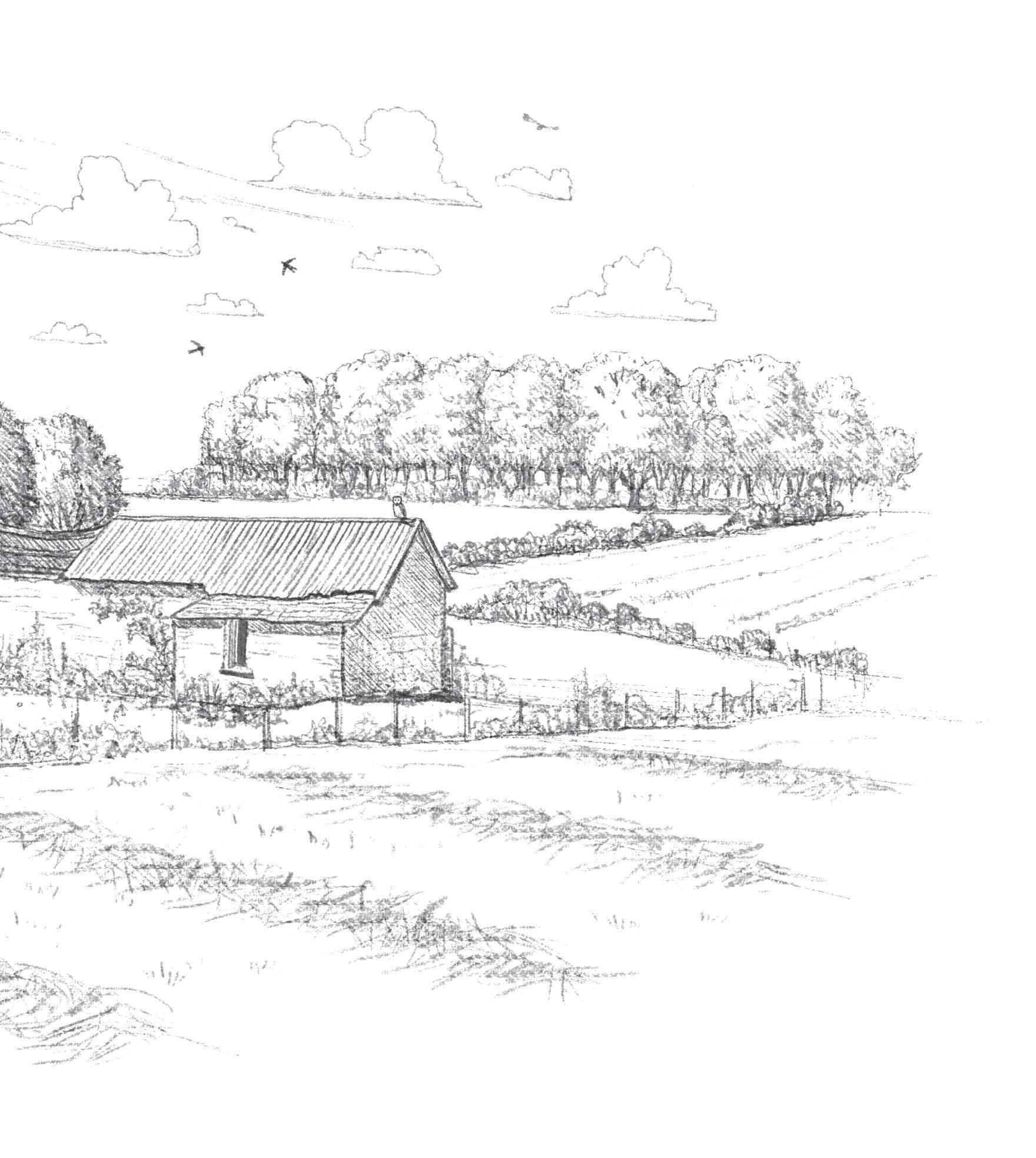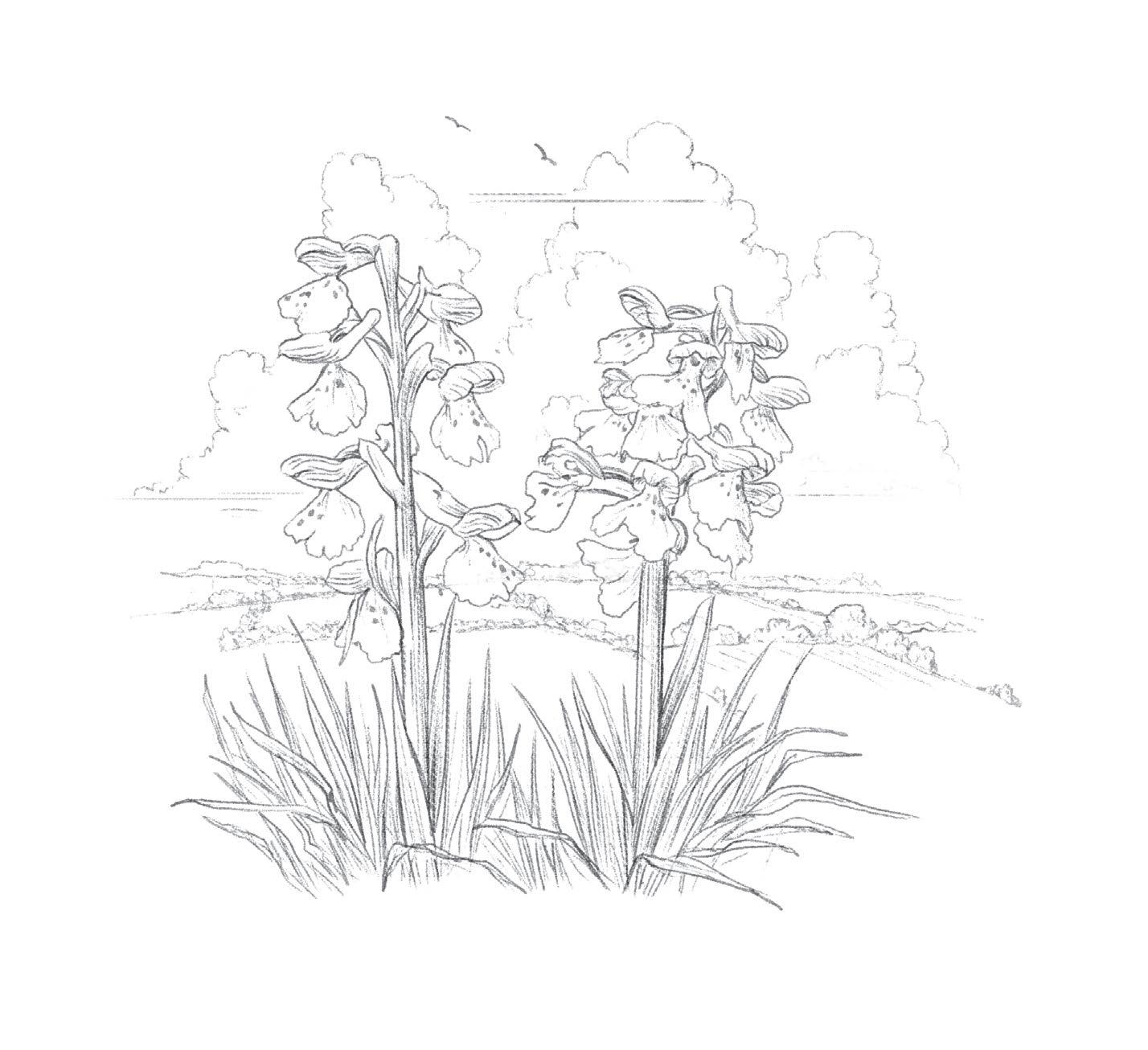penguin books
Diddly Squat
Pigs Might Fly
Jeremy Clarkson began his writing career on the Rotherham Advertiser. Since then he has written for the Sun, the Sunday Times, the Rochdale Observer, the Wolverhampton Express & Star, all of the Associated Kent Newspapers and Lincolnshire Life. He was, for many years, the tallest person on television. He now lives on Diddly Squat Farm in Oxfordshire, where he is learning to become a farmer.
By the same author
Motorworld
Jeremy Clarkson’s Hot 100
Jeremy Clarkson’s Planet Dagenham
Born to Be Riled
Clarkson on Cars
The World According to Clarkson I Know You Got Soul And Another Thing Don’t Stop Me Now For Crying Out Loud! Driven to Distraction How Hard Can It Be?
Round the Bend
Is It Really Too Much To Ask? What Could Possibly Go Wrong? As I Was Saying . . .
If You’d Just Let Me Finish! Really?
Can You Make This Thing Go Faster?
Diddly Squat: A Year on the Farm
Diddly Squat: ’Til the Cows Come Home
Diddly Squat
Pigs Might Fly
jeremy clarkson
PENGUIN BOOKS
PENGUIN BOOKS
UK | USA | Canada | Ireland | Australia
India | New Zealand | South Africa
Penguin Books is part of the Penguin Random House group of companies whose addresses can be found at global.penguinrandomhouse.com
First published by Penguin Michael Joseph 2023
Published in Penguin Books 2024
001
Copyright © Jeremy Clarkson, 2022, 2023
Illustrations © Garry Walton at Meiklejohn, 2021
The moral right of the author has been asserted
Typeset by Jouve (UK), Milton Keynes
Printed and bound in Great Britain by Clays Ltd, Elcograf S.p.A.
The authorized representative in the EEA is Penguin Random House Ireland, Morrison Chambers, 32 Nassau Street, Dublin d 02 yh 68
A CIP catalogue record for this book is available from the British Library
isbn: 978–1–405–96142–4
www.greenpenguin.co.uk
Penguin Random House is committed to a sustainable future for our business, our readers and our planet. is book is made from Forest Stewardship Council® certified paper
The contents of this book first appeared in Jeremy Clarkson’s Sunday Times column. Read more about the world according to Clarkson every week in the Sunday Times.
Green-winged testicles
I have always been very suspicious of people who have hobbies. Because a hobby carves a hole in your soul and diminishes your humanity. It turns you into a monoculture, capable of speaking about and doing only one thing. Some people live to work and some work to live. A hobbyist works and lives to collect stamps. It’s a dangerous thing.
I know this because, back in the early Seventies, Esso launched a marketing scheme where customers could collect a set of footballing coins. You got a coin with every four gallons you bought and I became so consumed with this, I used to make my dad drive everywhere in third so he’d use more petrol.
He was a travelling salesman at the time and had an account with Blue Star garages, but the only Blue Star garage that sold Esso petrol was on the Finchley Road in London. ‘Well, can you fill up there?’ I’d say tearfully. ‘Not really, because we live in Doncaster.’
My sister had the notoriously di cult to find Kilmarnock coin and I seriously considered murdering her
for it. I also considered murdering schoolfriends who wouldn’t do swapsies. This is why I know that hobbies are dangerous.
Look at golf. One day you slip into a pair of Rupert Bear trousers and head o for a game with some friends. It’ll seem pretty harmless, but sooner or later you’re going to hit the ball in such a way that it goes in vaguely the right direction. And that’ll be that. Next thing you know you’ll be so consumed with the need to improve, you’ll be spending all your money on better bats and you’ll practise constantly, in the rain and on your own, until eventually your wife will leave you. And you won’t notice for three months.
It’s the same story with light aircraft enthusiasts and internet onanists. Hobbies become all-consuming. One minute you’re catching sticklebacks on a lovely summer’s day in the Test and the next you’re friendless and damp on the banks of a terrible canal in Birmingham.
We are now starting to see the same problem with people who collect orchids. It starts harmlessly, when someone buys you a pretty example as a house-warming present and it ends with you on the dark web, at three in the morning, trying to find a man who’ll go into the fields at night and steal you a variety that’s on the edge of extinction.
I wish I was joking, but in recent months gardeners
and landowners in Kent and Sussex have been reporting a spate of thefts from their wildflower meadows. They go to bed at night, happy that a rare lady’s slipper orchid, worth about £2,000 to the hobbyists, is growing on their land, and they wake in the morning to find nothing but a hole in the ground.
It’s not only a profitable crime but easy too. Unlike Range Rovers, orchids don’t have steering locks and alarms. Furthermore, if you’re caught, and that is highly unlikely, the penalties are likely to be less severe. Yes, section 13 of the Wildlife and Countryside Act 1981 provides for a fine of £5,000 and six months in jail, but that’s never going to happen because, at the end of the day, all you were actually doing, m’lud, is picking wildflowers. And people have been doing that for years.
Back in 1956 someone dug up an orchid called summer lady’s tresses from a site in the New Forest, and as a result it’s now extinct. Thieves stole what was thought at the time to be the last lady’s slipper orchid in 1917. And collectors damn nearly wiped out the lizard orchid. They must have known, because even I know it, that you can’t dig up an orchid and expect it to thrive in your garden or on your hall table. Because it won’t. It’ll die.
I suppose it’s the hobbyist egg collector mentality that was all the rage in Victorian times. Bo ns would announce that there was only one great crusted lesser-spotted
dodo left in the world and there’d be a stampede of hunting fanatics, each one desperate to kill it. ‘Yes! I single-handedly wiped out an entire species. I ended it. And then I cooked its egg and ate that.’
And it’s still going on today. There are orchid collectors who are so determined to have the equivalent of that Kilmarnock football coin that they’ll stop at nothing to get it. That’s why, in Yorkshire, there’s one very rare orchid that is housed in a metal cage and monitored round the clock by CCTV. If someone could nick that, it’d probably make a Hollywood movie. Except Adaptation, a critically acclaimed film starring Nicolas Cage and Meryl Streep, of course got there first.
There are orchids on my farm. And some are very rare. I know this because when they were found by members of a local horticulturalist society they all ran around clutching their tinkles. It worries me that someone will steal them.
And it’s not just orchids that are being pinched. Thieves are also targeting bluebells and, back in 2019, 13,000 snowdrops worth £1,500 were nicked from woodland in Norfolk. They’re even going after ferns for God’s sake. And now I’m wondering, how long will it be before thieves start to come after my wheat? Because thanks to the cost of fertiliser, one ear alone is now more valuable than a Rwandan water lily.
My big worry, though, is that topsoil could well become the next big thing for Johnny Burglar. Because it was recently described by the author Claire Ratinon as a ‘divine entity’.
I was in Hampshire recently and as I drove along I became consumed with envy at the lushness of everything. Plainly the Meon Valley has much better soil than the stony brash I have up here in the Cotswold Hills. So why don’t I just nick some? Is it even illegal, I wonder.
Certainly the money’s good. It would take a skilled operator no more than 15 minutes to fill a truck, and that load would be worth maybe £2,000. So in a single night I could earn 50 grand.
There’s only one thing stopping me really. My JCB telehandler. The first time I used it three years ago, I thought, ‘Hang on. This is fun.’ And the next step on that road is that it becomes a hobby. Already my relationship with it is worrying because I’m forever thinking of jobs that don’t really need doing, just so I can play with it. If I thought it could earn me £50,000 a night, you’d never get me out of it.
Only the other day I was sating the needs of my inner nine-year-old by making an unnecessary bund out of some subsoil when a neighbour walked by and said I was operating perilously close to a clump of green-winged orchids.
I got out for a closer look and, I must say, they were very unimpressive. But then it was pointed out to me that orchid is derived from the Greek word orchis. Which means testicle. Yes. I have green-winged testicles on my farm. And I’m going to make it my life’s work to look after them.





